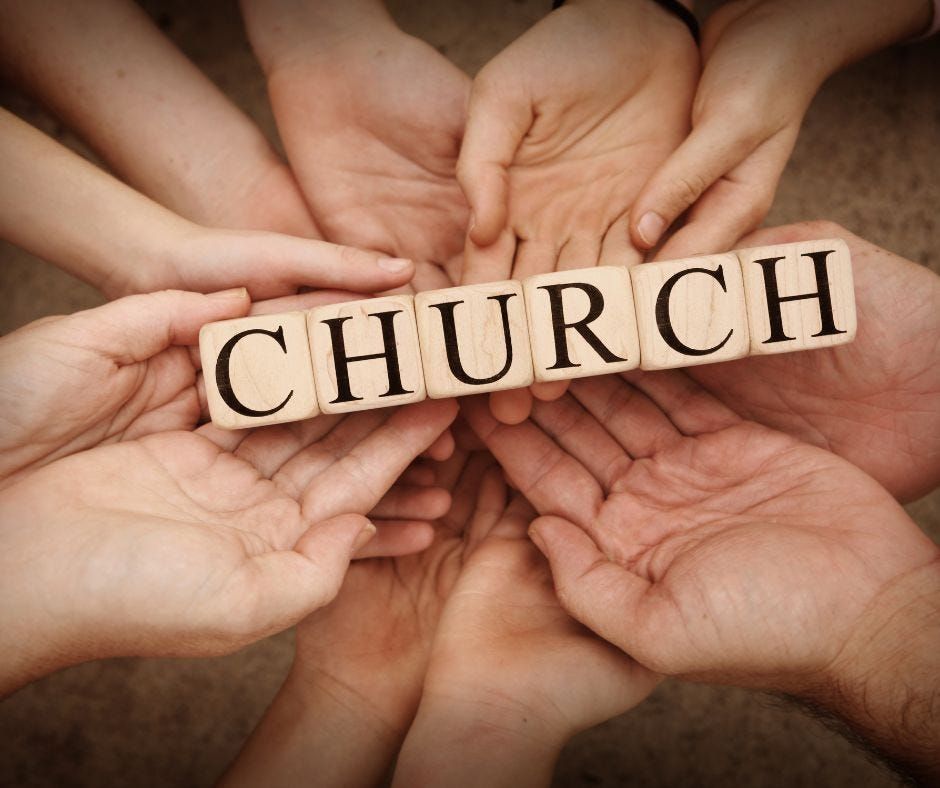Embracing Redemption: Exploring the Meaning Behind "He Himself Bore Our Sins"

In the realm of profound spiritual teachings, the quote "He himself bore our sins in his body on the cross, so that we might die to sins and live for righteousness; by his wounds you have been healed" stands as a beacon of hope and redemption. These words, rooted in Christian scripture, encapsulate the essence of sacrificial love and the transformative power of forgiveness. Join me on a journey to unpack the layers of meaning behind this powerful quote and explore its implications on our spiritual journey.
Unveiling the Scriptural Passage
The quote is derived from the Bible, specifically from 1 Peter 2:24 (NIV), which reads: "He himself bore our sins in his body on the cross, so that we might die to sins and live for righteousness; by his wounds, you have been healed." This verse is nestled within the broader context of Peter's teachings on enduring suffering and imitating the selfless example set by Jesus Christ.
Understanding the Sacrificial Love
At the core of this passage lies the concept of sacrificial love—a love so profound that it led Jesus to willingly bear the weight of human sins on the cross. In doing so, he provided a path for humanity to be reconciled with God. This act of sacrificial love transcends the boundaries of time and space, offering eternal healing to those who embrace its significance.
Dying to Sins and Living for Righteousness
The quote invites contemplation on the transformative power of forgiveness and redemption. "He himself bore our sins" not only highlights the burden-bearing nature of Christ's sacrifice but also emphasizes the opportunity for believers to liberate themselves from the shackles of sin. Dying to sins signifies a spiritual rebirth—a conscious choice to turn away from a life dictated by transgressions and embrace a path of righteousness.
The Healing Power of His Wounds
"By his wounds, you have been healed" echoes with spiritual resonance. The wounds of Christ, borne out of love and compassion, become a source of healing for the wounded souls of humanity. This healing extends beyond the physical realm, delving into the emotional, mental, and spiritual aspects of our existence. It is a profound reminder that through faith and acceptance, one can find restoration and renewal in the face of life's trials.
Applying the Wisdom to Our Lives
1. Embracing Forgiveness
Reflect on the transformative nature of forgiveness. Just as Christ bore our sins, we are called to extend forgiveness to others and ourselves. In forgiveness, we discover a path to spiritual liberation and healing.
2. Dying to Sins:
Consider areas in your life where you might be entangled in patterns of wrongdoing. The quote encourages a conscious decision to "die to sins," letting go of destructive behaviors and embracing a life guided by righteousness.
3. Living for Righteousness
Explore the ways in which you can align your actions with principles of righteousness. Embrace virtues such as compassion, justice, and love, allowing them to guide your interactions with others and shape your character.
4. Finding Healing Through Faith
Recognize the healing power inherent in faith. By acknowledging Christ's sacrifice and its implications, find solace and strength in moments of difficulty, knowing that you are not alone on your spiritual journey.
In the intricate tapestry of spiritual wisdom, the profound quote "He himself bore our sins in his body on the cross" emerges as a timeless reminder of the transformative power inherent in sacrificial love and forgiveness. As we delve into the depths of its meaning, we find ourselves on a contemplative journey that invites us to explore the nuances of compassion, righteousness, and healing through faith.
At its core, this poignant quote is rooted in Christian theology, encapsulating the sacrificial act of Jesus Christ on the cross. The imagery evoked is that of an eternal sacrifice—one where the sins of humanity were borne by Christ, who willingly embraced the weight of transgressions on the crucifixion cross. This act is a manifestation of the epitome of sacrificial love, symbolizing a profound gesture of compassion and forgiveness.
Contemplating the depths of this sacred narrative inspires us to extend compassion to others and ourselves. The understanding that Jesus bore our sins prompts a reflection on the boundless nature of forgiveness. In our journey of spiritual growth, the call to emulate such compassion becomes a guiding principle, urging us to practice forgiveness as a means of liberation and spiritual elevation.
The tapestry of spiritual wisdom woven by this quote encourages us to embrace righteousness as a response to the sacrificial love it portrays. The notion of dying to sins is a transformative concept—a call to transcend the patterns of wrongdoing and embrace a life guided by principles of goodness and moral uprightness. It beckons us to actively seek righteousness in our actions, fostering a harmonious alignment with spiritual virtues.
"In the wounds of Christ, we discover a source of eternal renewal," resonates as a powerful affirmation of the healing potential found in faith. The wounds, emblematic of the sacrifice made out of love, become a wellspring of spiritual rejuvenation. By meditating on this profound truth, believers find solace and strength in moments of struggle, understanding that their own wounds can be avenues for healing through faith in the divine.
The concluding sentiment, "a testament to the enduring power of love and redemption," encapsulates the overarching theme of the quote. It invites us to recognize that the sacrificial love displayed on the cross is not a fleeting gesture but a timeless, enduring force. The narrative of Christ's sacrifice becomes a living testament to the unwavering love of a divine Creator and the redemption available to all who embrace it with open hearts.
As we stand at the intersection of contemplation and spiritual introspection, this quote serves as a guiding light in our quest for deeper understanding and connection. It beckons us to reflect on the transformative power of sacrificial love, encouraging us to extend compassion, embrace righteousness, and seek healing through unwavering faith. In the tapestry of spiritual wisdom, this quote is not just a thread but a luminous thread, weaving a narrative of love, redemption, and eternal renewal.











